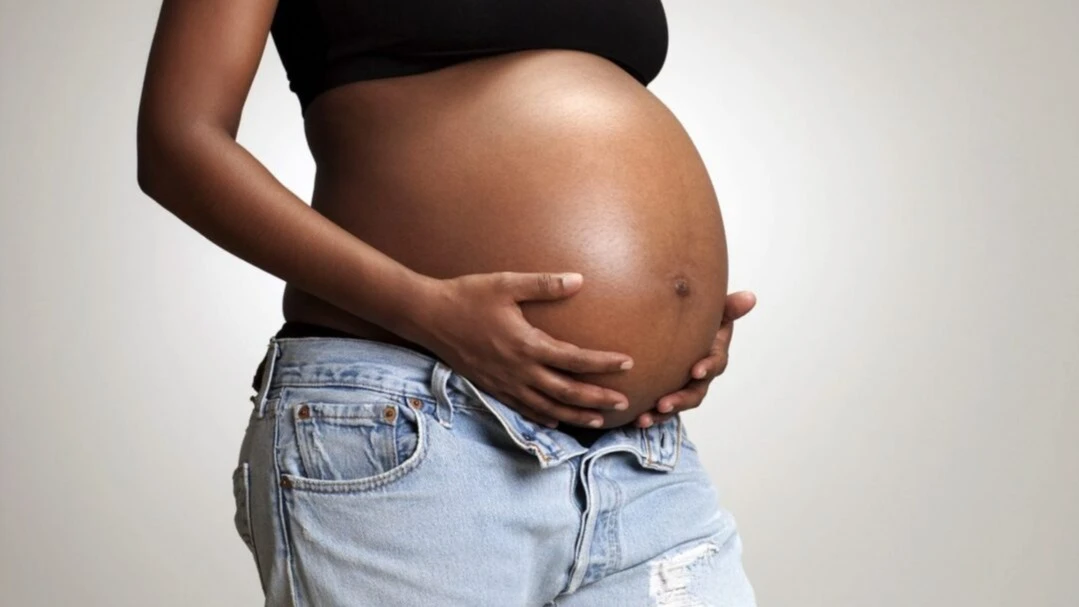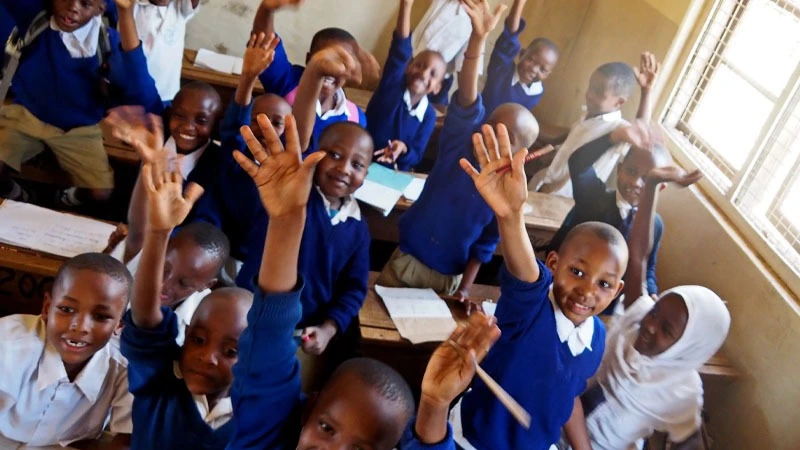'Unaddressed depression during pregnancy risk to mother, child’

DEPRESSION during pregnancy, if left untreated, can have severe consequences for the mother and the unborn child, a health expert has warned.
Sifa Hyera, a clinical psychologist with Saifee Hospital, a consultant facility in the city, made this remark over the weekend at a panel discussion on maternal mental health, hosted by the Dodoma-based Mirembe Hospital, the leading national facility in mental health issues.
She said the challenge can potentially lead to poor social connections and psychological development issues later in life, sharing critical insights into how depression during pregnancy disrupts the vital emotional and physical bond between mother and child.
“The bond between mother and child is a powerful connection that begins during pregnancy and extends throughout life. While hormonal changes during pregnancy are normal, when they lead to depression, they can severely affect both the mother and the baby,” the specialist stated.
Depression is manifested through various emotional symptoms, such as persistent sadness, irritability and a loss of interest in activities, she explained, underlining that depression can be identified through symptoms like hopelessness and sleep disturbances.
The latter can either be insomnia or excessive sleep, tied with changes in appetite and weight fluctuations, she elaborated, noting that depression can have various causes, where a family history of mental health issues increases the likelihood of developing the condition.
A range of cases stem from prolonged environmental or community stress, such as relationship tensions or societal pressures, she stated, while acknowledging challenges of diagnosing and treating depression during pregnancy.
She reassured the listeners that the condition is treatable through a combination of psychotherapy and drug dispensation, where early intervention is key to minimise the risks to mother and baby.
Depression in pregnancy can cause premature birth, stunted growth and delayed psycho-developmental milestones, as the emotional bond that develops between the mother and child during pregnancy is crucial.
Children born to mothers who experienced depression during pregnancy may face challenges such as difficulty forming relationships, socializing, and controlling anger, she stated.
While not all children of depressed mothers will experience these challenges, the risks are significantly heightened, as globally 60 percent of pregnant women experience some form of depression, she said.
Early treatment is essential to reduce its negative impact on the baby, she said, as one in seven mothers could experience postpartum depression, after delivery.
This is a condition marked by symptoms like anger, feelings of inadequacy, and in extreme cases, thoughts of suicide or infanticide, she said, underlining that the drastic change in a mother’s routine after childbirth—particularly sleeps patterns—can be overwhelming and contribute to postpartum depression.
“In one case I encountered at Muhimbili Hospital, a mother became severely depressed after childbirth and even attempted to harm her baby,” she said.
Raising awareness about maternal mental health, educating the public and healthcare providers are vital, plus early treatment to protect mothers and their children from the long-term effects of depression, she added.
Top Headlines
© 2025 IPPMEDIA.COM. ALL RIGHTS RESERVED






















